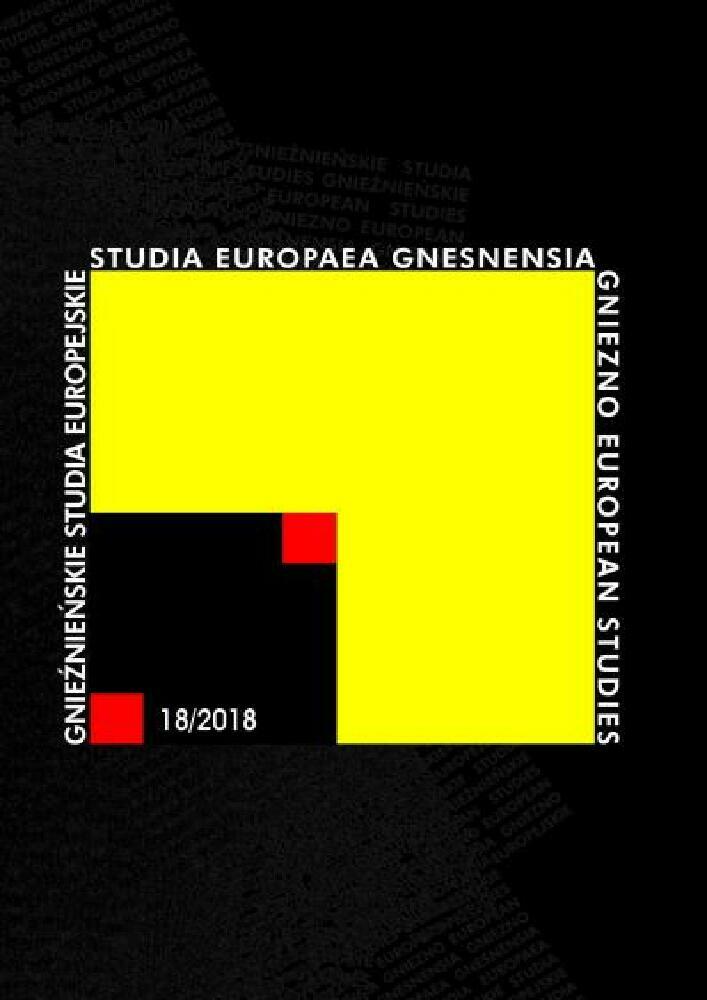Abstract
The article discusses the testamentary bequests and the attached instructions which Armand de Bourbon, Prince of Conti, cousin of Louis XIV younger brother
of the Great Condé, made in view of the approaching death for the benefit of people of his household. In his young years, he rebelled against his father, who had intended him for the clergy, and then against the king, becoming one of the most active leaders of the Fronde. Ultimately, he became reconciled with the monarch, which he achieved through marriage with the niece of Cardinal Mazarin, Anna Maria Martinozzi. Having associated himself with the Jansenists, he adopted the principles of moral rigour. In his last will, the prince apologized to the people around him for the grievous example he had set as a rebel, and provided for a part of his servants in separate bequests. The documents in question are concerned chiefly with those domestics of the prince who upon his death had to leave his household, as well as with the various settlements made by the widow during the months following her husband’s departure. The accounts reveal how Armand de Bourbon remunerated his servants and how he, as well as his wife, sought to ensure further welfare of people once employed at their court and had to be dismissed upon the prince’s death. This involved paying outstanding compensation for their service and settlements of potential debts. This may be inferred to have been due to changes in the organization of the household, but also interpreted as an act for the peace of prince’s soul and due execution of his last will, in which he called for all his liabilities to be settled.
References
Archives Nationales, Paryż, rkps R/3/56; R/3/101; R/3/103; R/3/107; R/3/120; R/3/125; R/3/126; 540/16; 540/28.
Musée Condé, Chantilly, rkps série R, XVI.
Cui contingit nasci, restat mori. Wybór testamentów staropolskich z województwa sandomierskiego, oprac. M. Lubczyński, J. Pielas, H. Suchojad, Warszawa 2005.
Jansénisme et poilitique. Textes choisis et présénte par R. Taveneaux, Paris 1965.
Mémoires pour servir à l’histoire de Louis de Bourbon, prince de Condé, 1, Cologne 1693.
Retz, Mémoires: La Fronde, Textes choisis par P. Bernard, b.m.d.w.
Adam A. 1968, Du mysticisme à la révolte. Les Jansenistes du XVIIe siècle, Paris.
André L. 1942, Le Tellier et Louvois, Paris.
Augustyniak U. 2014, Testamenty ewangelików reformowanych w Wielkim Księstwie Litewskim w XVI-XVIII wieku, Warszawa.
Bitsch C. 2008, Vie et carrière d’Henri II Bourbon, prince de Condé (1588-1646). Exemple de comportment et d’idées politigues au début du XVIIe siècle, Paris.
Bled du V. 1901, La sociètè Française du XVIe siècle au XXe siècle, XVIIe siècle, 2 série. Paris.
Combrescot P. 1999, Les petites Mazarines, Paris.
Cousin V. 1881, Madame de Longueville pendant la Fronde, Paris.
Delumeau J. 1997, Wyznanie i przebaczenie. Historia spowiedzi, przekł. M. Ochab, Gdańsk.
Godley E. 2016, Kondeusz Wielki. Życie Ludwika II Burbona księcia Condé, przekł. P. Litwinienko, Oświęcim.
Guth P. 1972, Mazarin, Paris.
Kołakowski L. 2001, Bóg nam nic nie jest dłużny. Krótka uwaga o religii Pascala i o duchu jansenizmu, przekł. I. Kania, Kraków.
La Force A. de 1922, Le grand Conti, Paris.
Magdziarz W.S. 2004, Ludwik XIV, Wrocław-Warszawa-Kraków.
Magdziarz W.S. 2013, Uwodziciele władzy. Geneza i organizacja dworu Ludwika XIV, Warszawa.
Mémoires touchant la vie et les écrits de Marie de Rabutin-Chantal marquise de Sévigné durant la Régence et la Fronde 1845, Publiée par M. le baron Walcknaer, Paris.
Meyer J. 1993, Bossuet, Paris.
Mousnier R. 1992, L’homme rouge ou la vie du cardinal de Richelieu (1585-1642), Paris.
Petitfils J.-C. 2002, Louis XIV, Paris.
Popiołek B. 2009, Woli mojej ostatniej testament ten… Testamenty staropolskie jako źródło do historii mentalności XVII i XVIII wieku, Kraków.
Skrzypietz A. 2015, „Poślubię kardynała…” – małżeństwo Armanda księcia Conti i Anny Marii Martinozzi, Studia Europaea Gnesnensia 11, s. 279-299.
Skrzypietz A., Franciszek Ludwik, książę de Conti – „obrany król Polski”. Saga rodu Kondeu¬szów (w druku).
Skrzypietz A. 2018, W żalu za grzechy młodości – testament Armanda de Bourbon, księcia de Conti. Studia Europea Gnesnensia 17, s. 337-358.
Vovelle M. 2004, Śmierć w cywilizacji Zachodu. Od roku 1300 po współczesność, przekł. M. Ochab, M. Sawiczewska-Lorkowska, D. Senczyszyn, T. Swoboda, Gdańsk.
Wójcik Z. 1968, Testament królowej Ludwiki Marii. W: Sarmatia artistica. Księga pamiątkowa ku czci profesora Władysława Tomkiewicza, Warszawa, s. 129-134.

